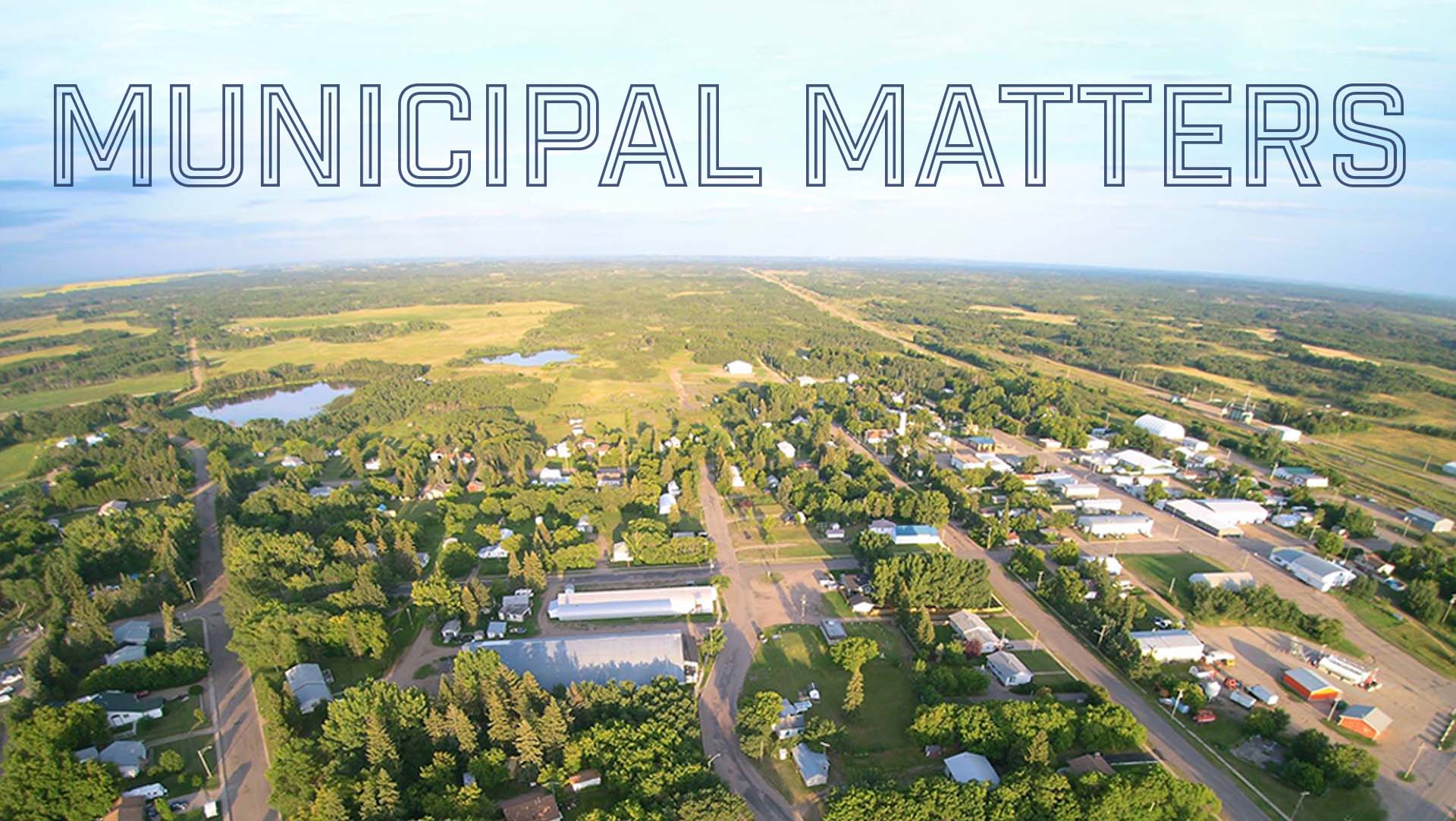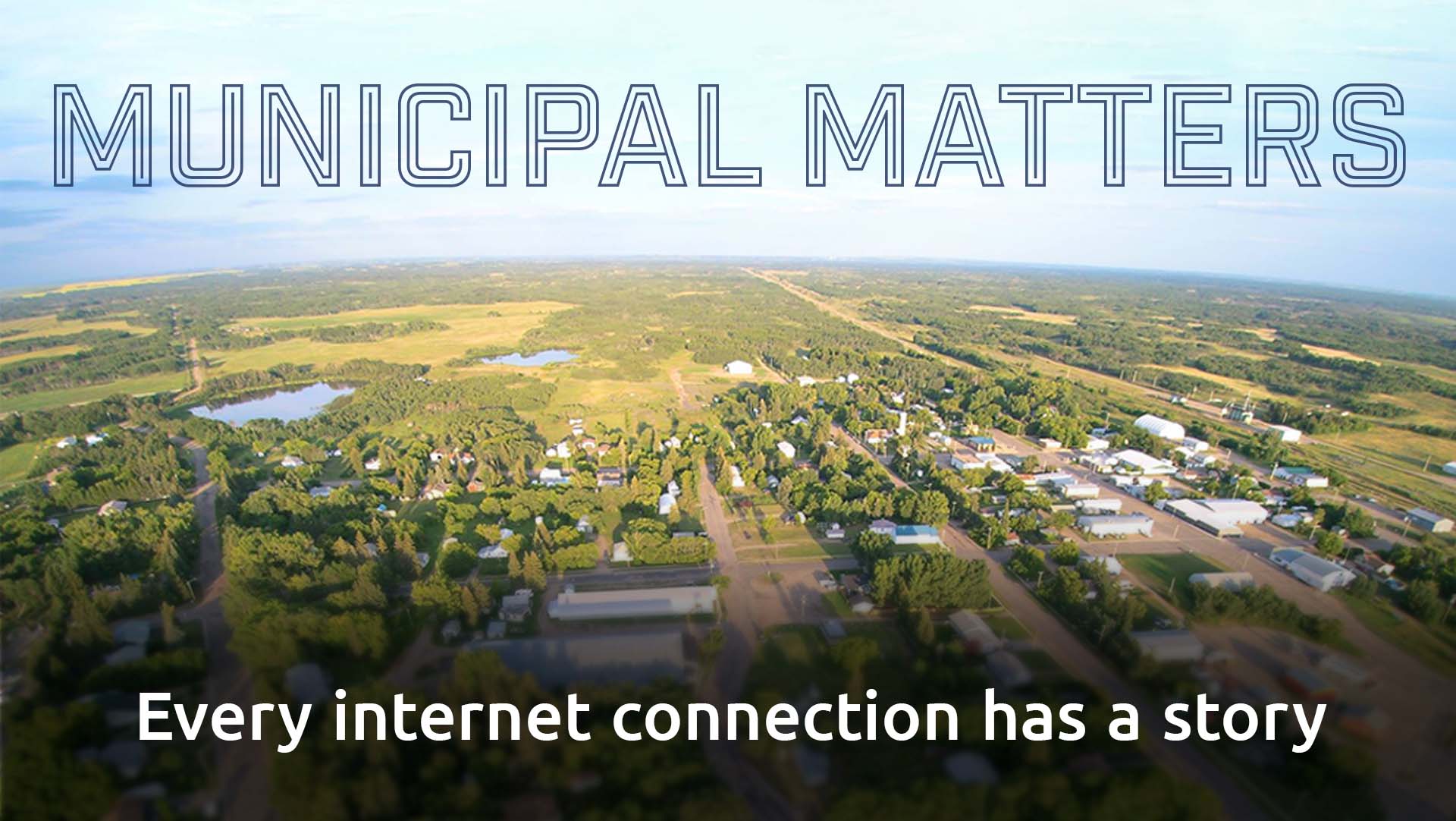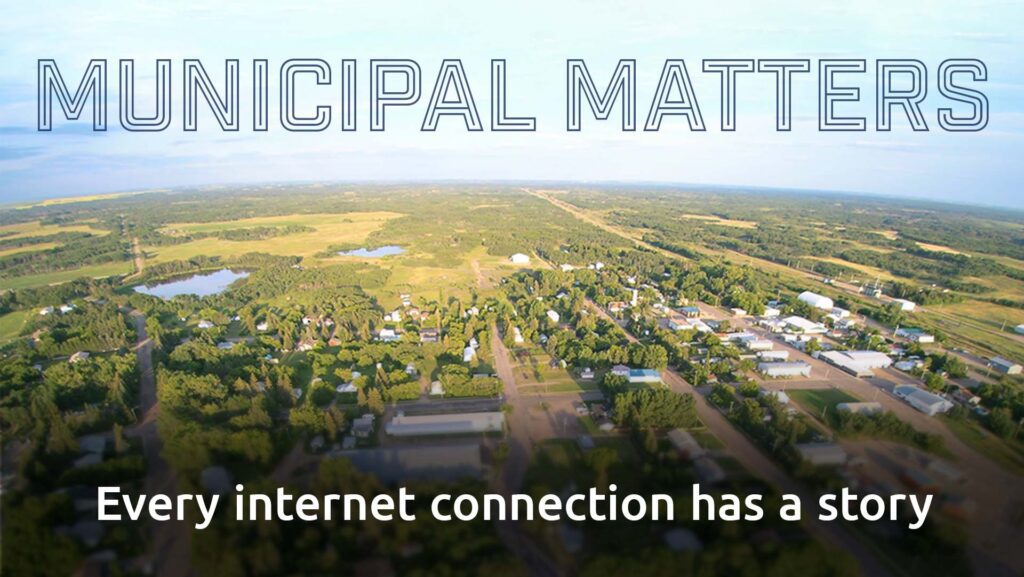
MCSnet prides itself in its ability to remain nimble and innovative in the delivery of our high speed internet services. This issue of Municipal Matters highlights the efforts MCSnet is taking to provide the best and most reliable service to the communities we serve. The last few months have seen amazing innovations from our team and we’ll be focusing on three of them.
The first example is a technological innovation that accomplishes something near impossible; the second highlights dynamic changes to our Tech Support department providing enhanced service to customers; the third demonstrates our construction team’s ability to innovate on-the-go.
Innovations in Technology – The Rusty Bucket Test
Our GigAir network relies on uninterrupted signals within the mesh network. This signal can be lost when a radio loses power for a multitude of reasons and it only takes one customer unplugging their radio to negatively affect a number of other GigAir customers.
Our customers have indicated to us that reliability of service is the number one priority. Enter our Chief Innovation Officer Mark Beland and his team to find a way to make the GigAir network more reliable. To this end they had an innovative idea that involved using a rusty bucket.
Mark and his team decided to test their theory that one of our OFDM (Fixed Wireless) radios could be tied into the cnWave (GigAir) mesh network. An OFDM radio uses a signal that, while being slower than GigAir, is much more robust.
The OFDM speed still exceeds what most people use so as a redundancy to a network it works very well. Most subscribers won’t even notice the switchover had occurred and those that do would just see a temporary decrease in speeds instead of an outage.
The challenge Mark and his team had was that these two radios speak very different languages. When Mark mentioned his idea to our distributor of cnWave (GigAir) radios, he was told it couldn’t be done. Mark and his team were undaunted and they began working on software to allow these two radios to communicate.
On August 10th, with their newly created in-house software in place, this idea became a live test. An OFDM radio was added to a home within the GigAir mesh network in St. Paul. The theory was that once the signal to the GigAir radio was disrupted, the OFDM radio would pick up the signal and keep the network online.
This is where the rusty bucket came in. It was placed over the GigAir radio and the signal was interrupted. The OFDM radio successfully took over in four-tenths of a second. This means, even if a customer was in the middle of a video call, they would not have noticed any disruption in services.
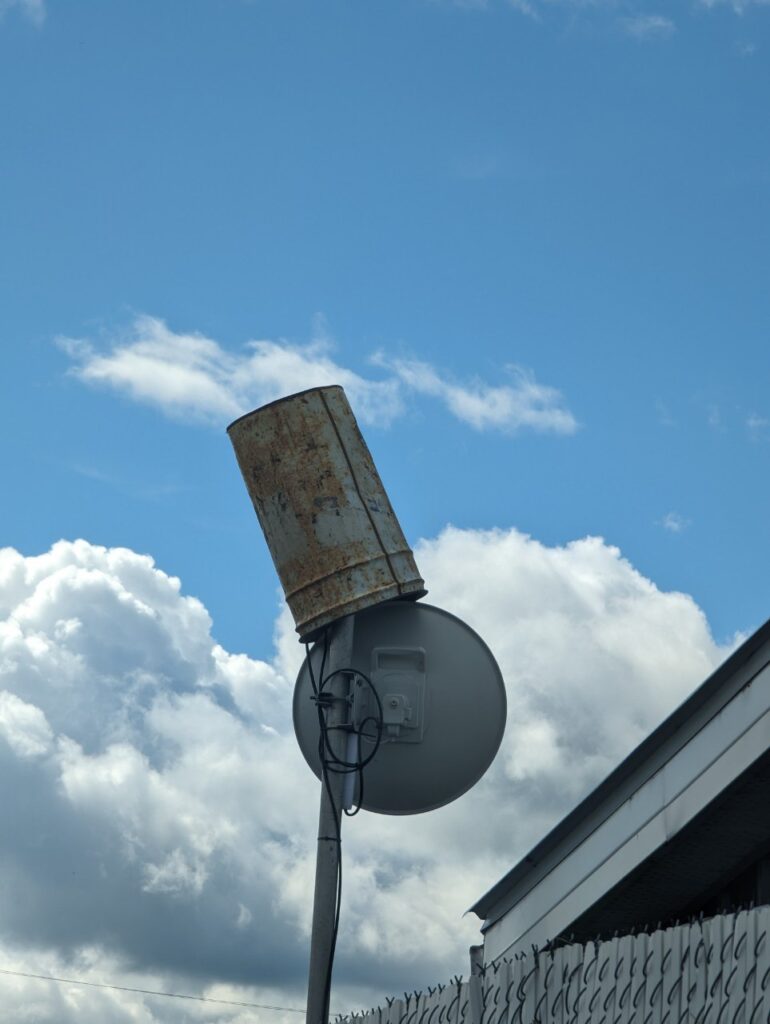
Following this successful test, our OFDM redundancy was rolled out and has been installed in communities throughout our service area in strategic locations to bolster our GigAir networks. This innovation has already successfully prevented outages and has kept our communities online. This is an exceptional example of how MCSnet strives to be a world class leader in the delivery of wireless internet and our commitment to building a reliable and high speed network.
Innovations in Personnel – Tech Support Reimagined; Edmonton Office Ramps Up
When any company experiences significant growth and success, it brings with it new opportunities and challenges. MCSnet is no stranger to these challenges and with an expanding customer base and diverse range of services, we know it’s crucial we match this growth by enhancing our support capabilities.
Our leadership team recently decided to phase out the outsourcing of after-hours technical support and develop an entirely in-house team of tech support professionals. This strategic move has allowed us to have greater control over our support processes, maintain consistent quality, and ensure a seamless experience for our valued customers.
To make this transition required out-of-the-box thinking and a restructuring of our personnel. Our Edmonton office was retrofitted to allow for both Tech Support and Customer Service to work out of that location. We also redefined what “in-house” means and made provisions for individuals to do remote work.
These two innovative staffing changes have allowed us to hire not only in the Edmonton area but from across Western Canada. This expansive area has granted us access to a high caliber of applicants allowing us to hire a dynamic group of individuals.
By keeping their training entirely in-house this ensures they share in our brand and our goal of excellence in customer service. Our remote team members have all been supplied with the same tools and resources as our physically in-office staff, ensuring seamless integration into the MCSnet team.
As we continue to grow and expand, we recognize the importance of an adaptive workforce committed to delivering excellence. We continue to look for innovative ways to utilize our team to provide industry leading service as we expand into new communities.
Innovations in Construction – Adapting in Real Time
The MCSnet construction team was hard at work this summer building over 300 km of transit fiber to more of our fixed wireless towers. Having more of our towers connected to fiber provides faster services for everyone and keeps our network future ready. This will allow us to continue to adapt to the ever changing world of technology. MCSnet now has over 150 of its towers connected to transit fiber.
Our construction team completed some very complicated jobs this summer including laying a fiber line right through downtown Athabasca. This job required them to overcome a variety of challenges including utility locating and traffic control while maintaining a schedule.
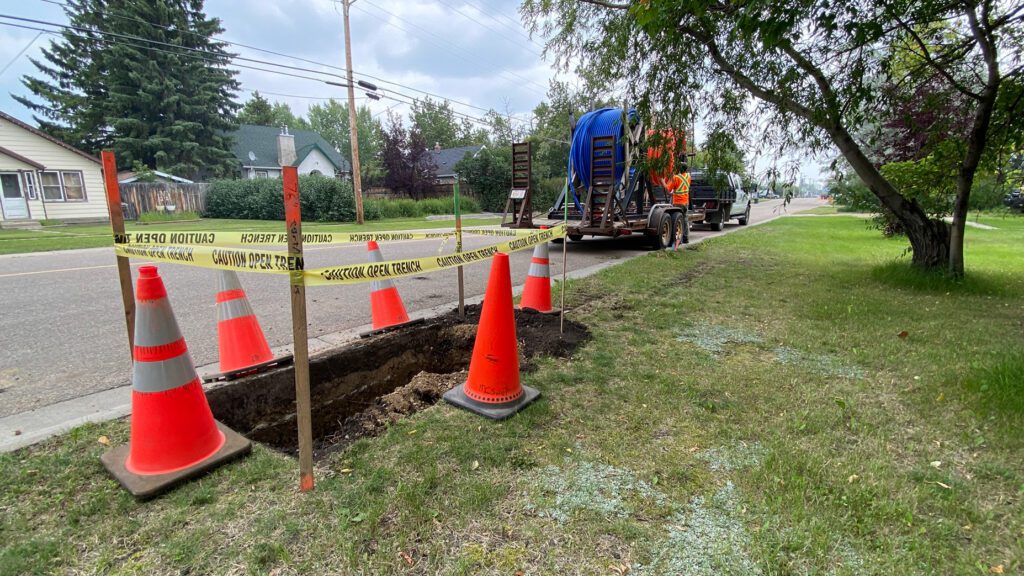
Athabasca also saw innovation in service delivery and was a trial community for utilizing a back link between towers. The community was an excellent test site for this innovative idea as there are two towers close to each other: One to the south with fiber and the other to the north without.
The backlink was established and it allowed the north tower to support GigAir deployment while fiber was being constructed to it. This allowed MCSnet to launch GigAir to the houses in the north of the community before the fiber line was completed.
Now that the line is in place and the north tower has its own fiber, the licensed link can be decommissioned and services are uninterrupted. This strategy is being looked at for other select communities and may be a way to provide GigAir without a fiber line being in place. These are just two examples of how our Construction and Infrastructure teams work hard to provide broadband throughout northeastern Alberta.
Innovation is one of the pillars that MCSnet has been built upon and we will continue to find ways to adapt to a world in constant change. Be it technological innovation, organizational efficiencies, or creative thinking on-the-go, MCSnet will continue to strive to stay ahead of the needs of the communities we serve.

